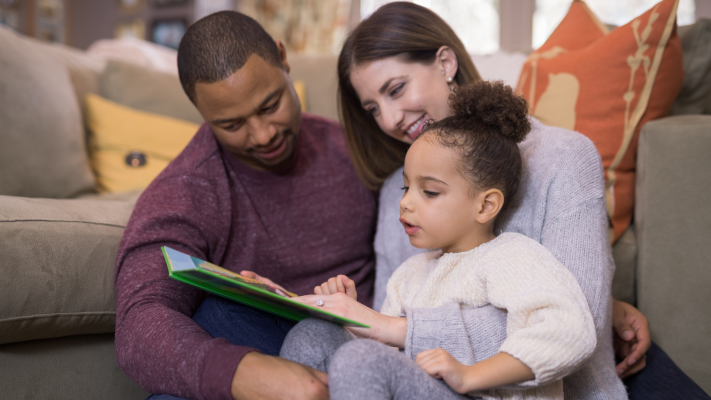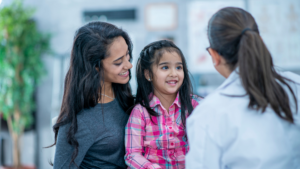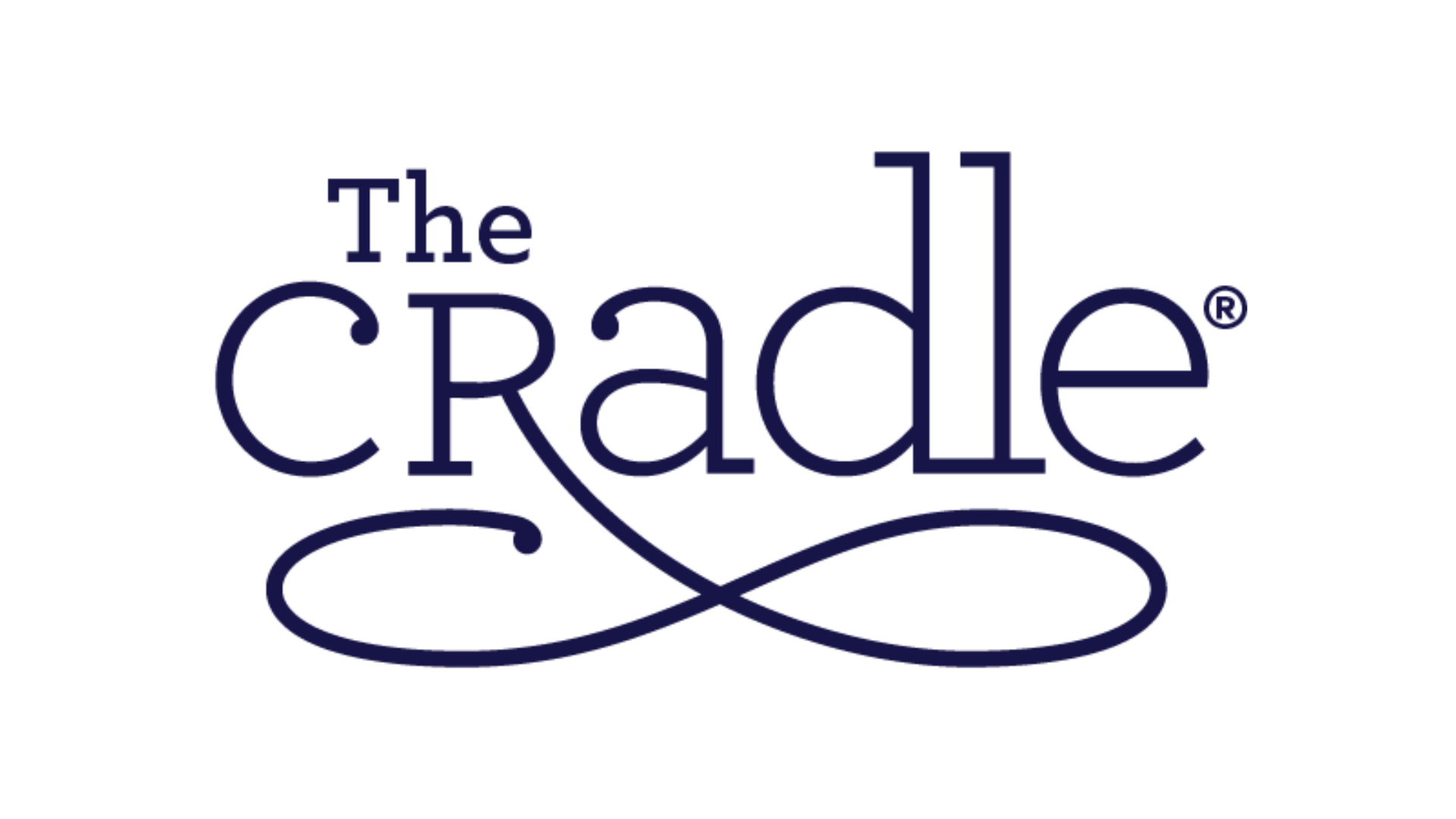Adoption forms a central part of the adopted person’s identity from an early age. Learn about the impact of adoption on childhood development and how you can support your child.
Starting from birth, adoption is a key part of your child’s story and identity — that’s why it’s never too early to discuss their adoption story with them. Being adopted impacts a child’s sense of belonging, self-esteem, safety and security. It is important for parents to listen and be aware of what their children may be experiencing to best support them.
Dori Fujii, Adoptive Parent Counselor and Post-adoption Therapist at The Cradle, discusses age-appropriate ways to share information with adopted children and support positive identity development as they grow older.
How Does Adoption Affect a Child’s Development?
Adoption and identity formation go hand in hand.
“For parents, adoption is typically a joyful event,” Fujii says. “As a society, we tend to minimize the losses in adoption and view adoption from the perspective of the adoptive family. But at some point — typically between the ages of five and seven but sometimes earlier — children start to understand that they lost a family to get a family.”
All children naturally have questions like, “Who am I? Where did I come from? Who loves me?” However, for adopted children, the answers to these questions are more complicated. Sharing your child’s adoption story from an early age assures your child that talking about adoption is okay. This open line of communication creates a solid foundation for answering and navigating these questions as your child gets older and continues to explore their identity and what it means to them to be adopted.
“Because adoption is actually a grown-up concept, parents are basically planting seeds when they talk with their young child about adoption, even before their child is old enough to understand the concept,” Fujii says. “Stories about adoption, whether in the form of story books or Lifebooks, are an ideal way to plant seeds, because storytelling is a significant way that we teach children about so many things.”
How to Support Your Toddler/Preschooler
At this stage, children realize people and places exist outside of their immediate home environment and start to develop an understanding of events that have occurred in the past.
Children at this stage begin to develop more expressive language, which changes how they can communicate about their adoption. This is also when children may start to notice differences between themselves and others, such as not looking like their adopted parents.
What Your Child May Be Going Through
- Realizing they have another set of parents somewhere else.
- Asking whose “tummy” they came from.
- Wondering why they look different than other family members.
What Should You Say to Your Child During This Stage?
- Tell them a truthful but simplified version of their adoption story.
- If you haven’t already, create a Lifebook that tells your child’s story through pictures and simple words. Make sure they can access it whenever they like.
- Regularly mention your child’s birth parents in a positive yet honest way.
- Explain that they came from their birth parent’s “tummy.” If you have a relationship with their birth parent(s), you may introduce them in this context.
- Regularly discuss that families are made in all different ways and don’t always look the same.
- Read picture books and seek out other age-appropriate media that explore adoption.
- In cases of international or transracial adoption, incorporate elements of your child’s culture into your daily lives through art, photos, media and the people and communities you regularly interact with.
Creating a Strong Foundation for Adopted Children to Explore Their Identity
Children who are adopted may fear hurting their parents’ feelings and as a result, hesitate to talk with them about birth parents or adoption. However, when parents acknowledge the impact that adoption has on childhood development, parents will be able to listen for their child’s concerns, not take their feelings personally and respond in ways that encourage open, honest communication. Remember that love, patience and open dialogue will go a long way toward helping your child thrive as they explore their identity in the years to come, even when you are unsure of what to say.
Young adopted adults who Fujii works with often share the positive impact of their parents’ support when they were children — even if it sometimes made them roll their eyes. “I think kids tend to give their parents some grace,” Fujii says. “They appreciate the effort.”
Whether you need help talking to your child about adoption, working through behavioral issues or exploring a relationship with birth parents, The Cradle is here to help. Our parenting resources and adoption-competent therapy services provide the support you and your family need to navigate adoption’s challenges so you can better celebrate its many rewards. Fill out our online inquiry form or call us at 800-272-353 to schedule time to speak with one of our counselors.














